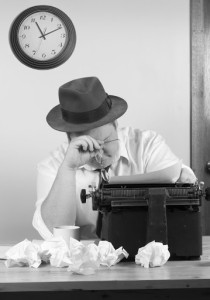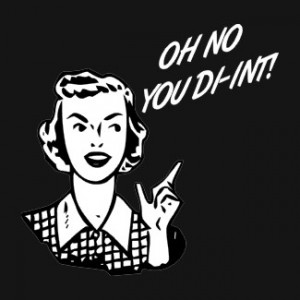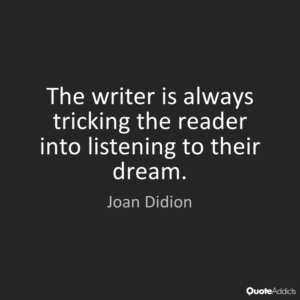I recently was reading comments on a blog about hard it is to blog along with everything else in a life and I thought, “Huh.” I publish books; and I teach and mentor university students; and I’m married; and I travel; and I do radio reviewing; and I’m learning Swedish; and I’m planning a brand-new study abroad program; and I do readings from my books and keynote conferences and offer workshops; and I’m taking voice lessons. Basically a full life.
Blogging still seems infinitely easier to me than when I worked for a handful of newspapers and one magazine as a freelance reviewer. And it’s a hell of a lot more fun and infinitely less stressful.
I generally had no choice in my review assignments, with at least one book per week to review and often more. I was constantly under deadline–my calendar was color coded for each news outlet. I had to do revisions quickly and efficiently. And sometimes I had to “turn” a book in 24 hours. That is, read and write a well-crafted, literate, punchy review of anywhere up to 1,000 words. Pressure mounted if an author was on tour or I had to do an interview.
 Compared to that, blogging is like making a cup of coffee on my Braun one-cup machine. Or walking the dog. It’s easy. The pressure I feel around blogging isn’t to produce and fast, it’s the typical writer’s demands: to get things right, to shape my ideas well, to avoid typos. And thanks to doing it all myself, if I catch an error or somebody else does, I can correct that ASAP. Likewise, if an idea occurs to me for restructuring, or if I want to make even minor changes, Boom.
Compared to that, blogging is like making a cup of coffee on my Braun one-cup machine. Or walking the dog. It’s easy. The pressure I feel around blogging isn’t to produce and fast, it’s the typical writer’s demands: to get things right, to shape my ideas well, to avoid typos. And thanks to doing it all myself, if I catch an error or somebody else does, I can correct that ASAP. Likewise, if an idea occurs to me for restructuring, or if I want to make even minor changes, Boom.
But best of all, I’m my own boss. I make my own schedule. I choose my own subjects and timetable. And I like my working environment. 🙂
I once had a book editor at a newspaper who blithely said, “I’m not much of a book person.” Don’t ask me how this individual landed the job. That editor didn’t want me to review books that were in any way under the radar, but mainly the books that everybody already knew were out there or about to be published. In other words, the books you couldn’t avoid seeing or hearing about: the best sellers. That worked my last nerve. Did the world really need more coverage of Stephen King?
But even worse, this editor had the perverse habit of cutting out the positive lines from a review and making it sound overly negative, or axing the negative and making it sound overly positive. Content meant nothing to her, neither did style–and I crafted my reviews carefully to be balanced, so I was irritated. Finally, I had to write “defensively.” I had to figure out how to write reviews that were what I began to think of as “armored”–incapable of being cut by this nimrod. It worked, but it was exhausting.
That was the worst part of freelancing–working for people who could be difficult. When I’m even remotely difficult, you know what? I stop writing and–you guessed it–make a cup of coffee or take the dog for a walk. Or both.
Lev Raphael is the author of Rosedale in Love, a Gilded Age Romance, and 24 other books in genres from memoir to mystery which you can find on Amazon.




